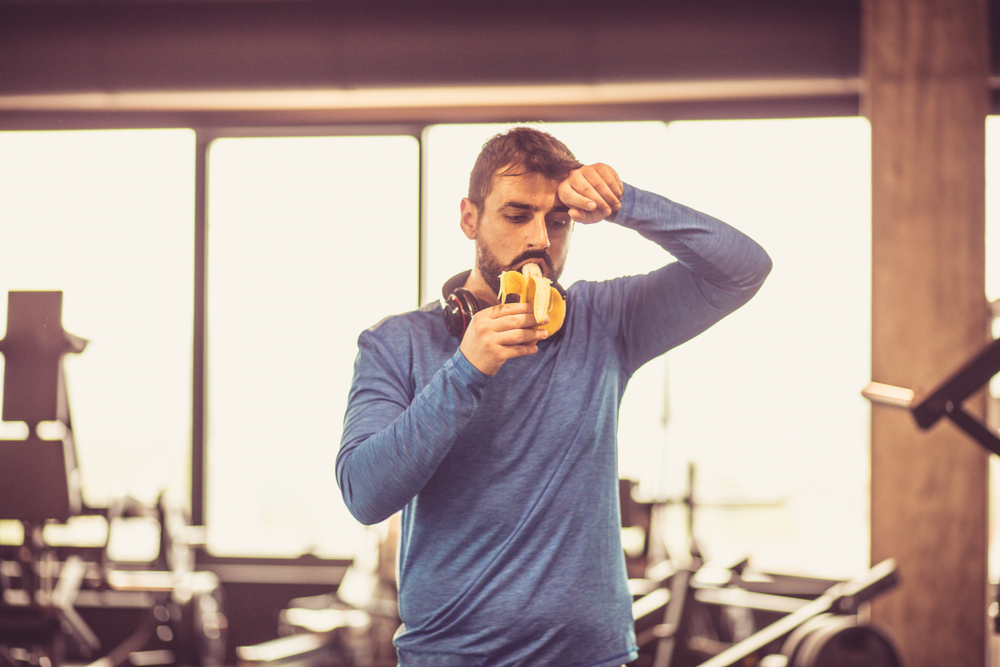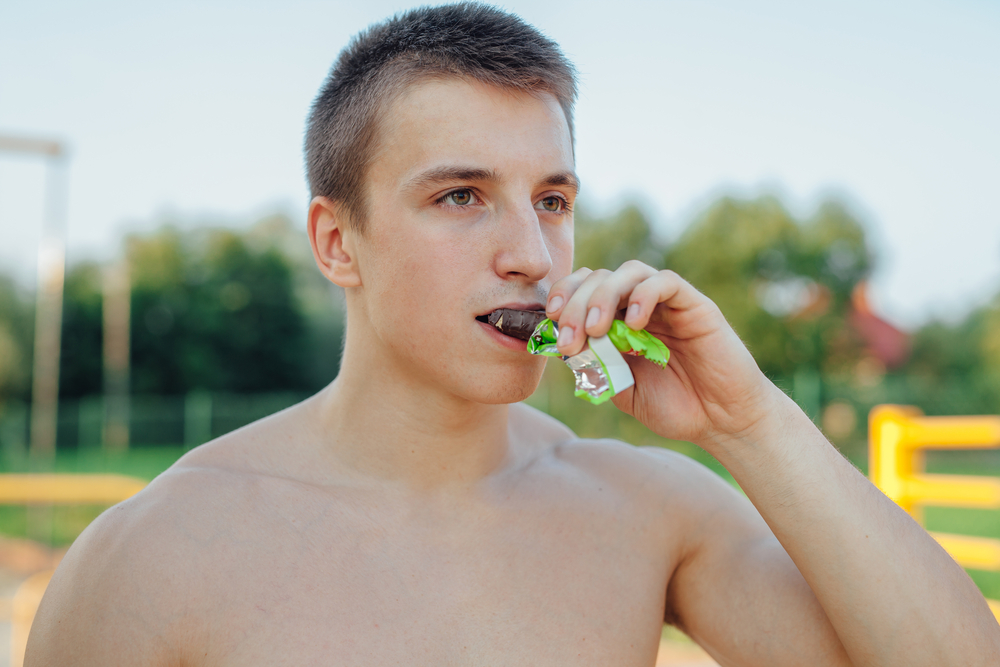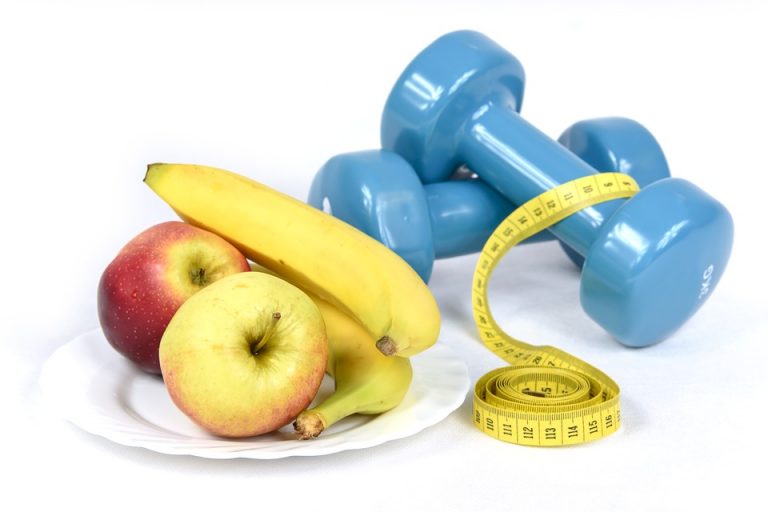A lot of attention is paid to what we should eat before and after training. There is also a lot of discussion around the topic of proper hydration during training. Less is being said about eating during physical effort. Should we eat during training?
Should you eat during training?
The answer to this question is not clear-cut. Not every training requires complementing energy supplies at the moment of performing it. In case of trainings lasting less than 60 minutes, there is no need to eat during the session. The situation is different when we talk about longer training sessions, lasting more than 60 minutes and often even longer than 120 minutes. In case of such trainings, eating meals during effort is advisable. It concerns primarily all people who train cycling, long-distance running, people starting in triathlons, marathons, ultramarathons and cycling races.
Why providing energy during training is so important?
Research proved that during prolonged effort it is essential to provide proper amounts of liquids in order to maintain normal hydration, and energy sources rich in carbohydrates, poor in fats and containing average amount of proteins.
Why is eating meals/snacks during long-lasting effort beneficial?
- allows to maintain training intensity for longer,
- slows down the feeling of fatigue,
- slows down the occurrence of loss of power,
- inhibits catabolic processes,
- prevents hunger attacks after effort,
- supports maintaining hormonal balance,
- helps to cover daily need for energy,
- facilitates faster after-training regeneration,
- fills up energy and muscle glycogen,
- decreases the risk of overburdening the central nervous system.
What and how much to eat during training and ?
It is important to eat before you feel hunger. In case of efforts lasting more than 60 minutes, per each hour of effort we should provide 30-60 g of carbohydrates, counting in this pool both carbohydrates from isotonic drinks and also carbohydrates contained in snacks.

We should remember to eat small portions – large amount of food leads to nausea, stomachache and bloated stomach. It is recommended to eat 30 g of carbohydrates every half an hour. The main source of energy should be carbohydrates. During long-lasting effort, however, we do not need to, exclude fats altogether, especially when the intensity of a training is not too high and the time of its duration is long. The role of fats increases along with lowering training intensity and with the longer training time.
Snacks may have liquid form, half-liquid or solid. It is important to choose the products that may be easily consumed during training. Is should also be borne in mind to wash down all kinds of energy gels and bars with liquids. When choosing snacks, we should be directed by the composition (especially carbohydrates). In case of shorter training we should consume mainly simple carbohydrates and the longer our training is, the larger part may be constituted by complex carbohydrates.
A snack should not burden the stomach and the whole digestive tract. Caution should be taken as for the amount of fiber. A lot of fiber is found in dried fruit or oat bars. If our daily diet lacks in fiber, by eating dried fruit we may easily “exaggerate”. Before you take new snacks to competitions, you should first try it during trainings. Competition is not the time of testing new solutions.
Ideas for snacks during training
Energy gel during training
Current offer of energy gels is huge. We may also find gels prepared on the basis of honey, for vegans, in various packages and taste options. Everyone will find favourite gel here!
Energy bars during training
The choice is enormous. It is worth testing a few kinds of bars yourself. They are often different in taste, composition and primarily consistency. Too hard and gummy bars may be problematic to consume e.g. during cycling.

Fruit bars during training
Similar to energy bars above. It should be added that the price of good-quality bars may deter.
Home-made oat bars during training
It is worth preparing home-made bars on the basis of oats, honey, chia and dried fruit. We will then be sure, what is contained in these bars. We may modify the composition and importantly – it will be much cheaper than buying ready-made energy bars.
Ripe bananas during training
Bananas are well-known to the majority of sportsmen and they work great as a snack. One ripe banana provides around 30 g of carbohydrates and we will also find there precious minerals, among others, potassium.
Dried fruits during training
Dried plums, dactyls, apricots.
Chocolate-covered raisins during training
50g of chocolate-covered raisins provides around 35 g of carbohydrates, 7,5 g of fats and small amounts of proteins. Such a form, however, will be much better than eating chocolate which is to a large extent composed of fats. Chocolate-covered raisins may work well as a snack during less intensive, long effort.
We should avoid eating chocolate and popular chocolate bars such as Mars or Snickers. Energy in this type of products mainly comes from fats, which will influence slowing down emptying the stomach and slower the absorption of glucose to the bloodstream.
Eating during training - summary of the case
during long-lasting effort, not only proper hydration plays an important role, but also providing energy in the form of appropriate snacks. Well-planned nourishment during effort will help to train more intensively and postpone the feeling of fatigue.






